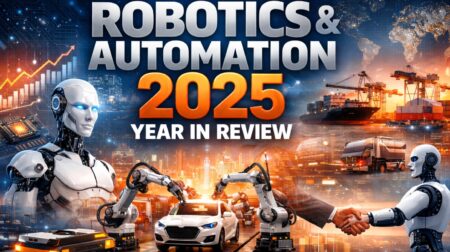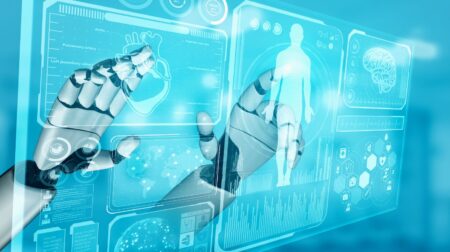Meliá Hotels International has revealed the effects of robotic process automation (RPA) on the business one year after deploying the technology to help it bounce back from what the company described as “the worst year in the history of travel”.
At the start of 2020, the international hotel group, which operates eight hotels across the UK and over 380 hotels globally, announced an automation project with RPA provider UiPath to enhance its competitiveness and prepare for an eventual recovery.
Aiming to make digitalisation the backbone of its strategic plan, Meliá implemented UiPath Platform as part of its Robotics 360 project, which is part of the company’s Be Digital 360 global transformation programme, aligning Meliá with other organisations using RPA in Spain.
Some 12 months on from the project’s launch, RPA is being used in 30% of the company’s areas, including administration, operations, sales, human resources and risk management, with a total of 30 software robots in operation.
The robots perform tasks such as the reconciliation of invoice payments, reading and extracting information, mass document delivery or the automated management of internal requests, among others, helping the company to reduce the execution time of those tasks and its failure rates below 1%.
Gavin Mee, managing director, UK and Ireland, at UiPath, said: “Two years ago Meliá Hotels embarked on an automation journey with UiPath and are now committed to use it to emerge as a more effective and efficient business, trailblazing the use of RPA in the hotel industry.
“With robots to assist them, employees will be able to do more, enjoy a better working experience and offer excellent service, setting the bar for the sector. We’re honoured to be helping Meliá come back stronger and more competitive than ever.”
The hotel company said it will continue to use RPA, as well as AI to achieve end-to-end automation of processes within the business.









